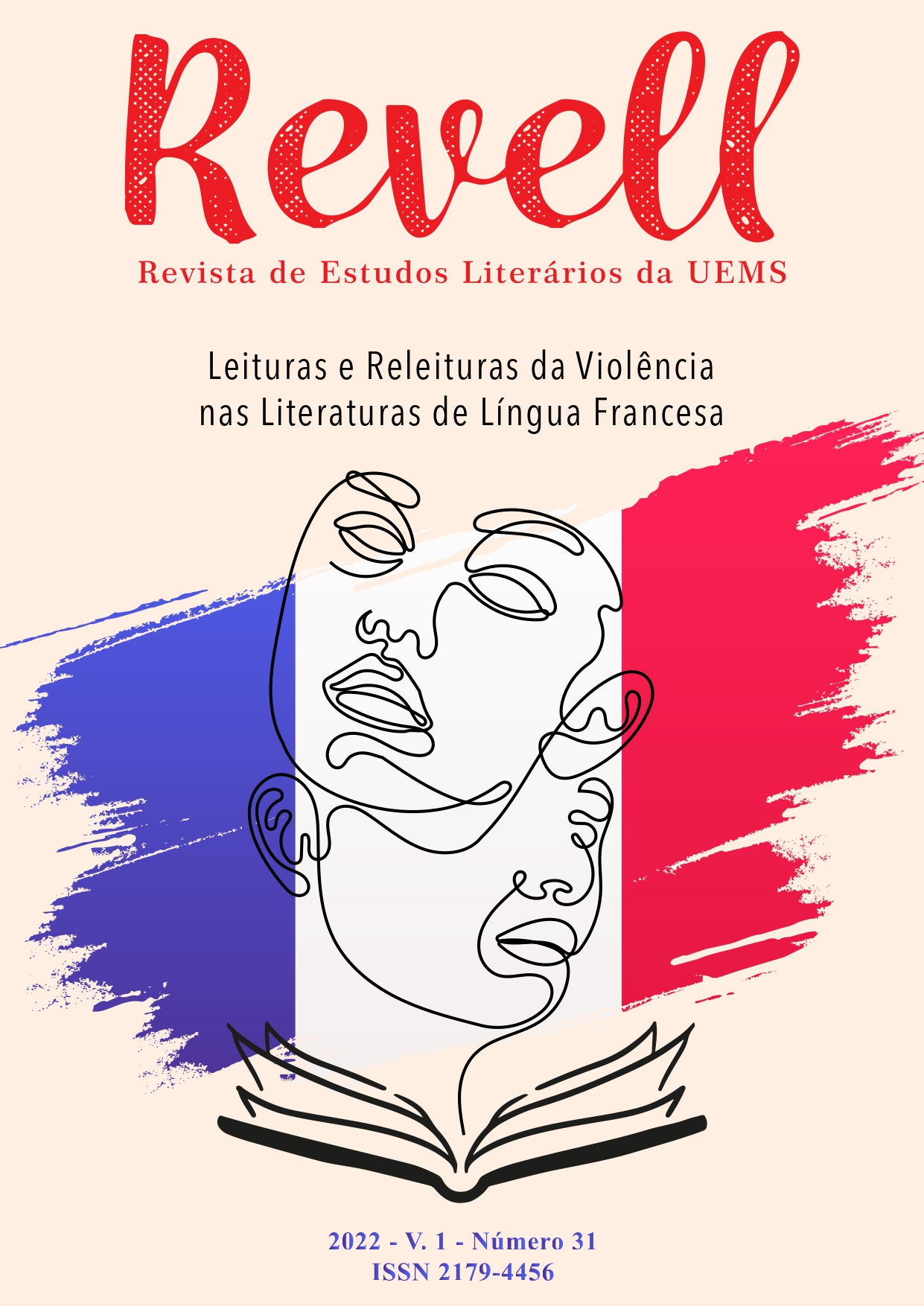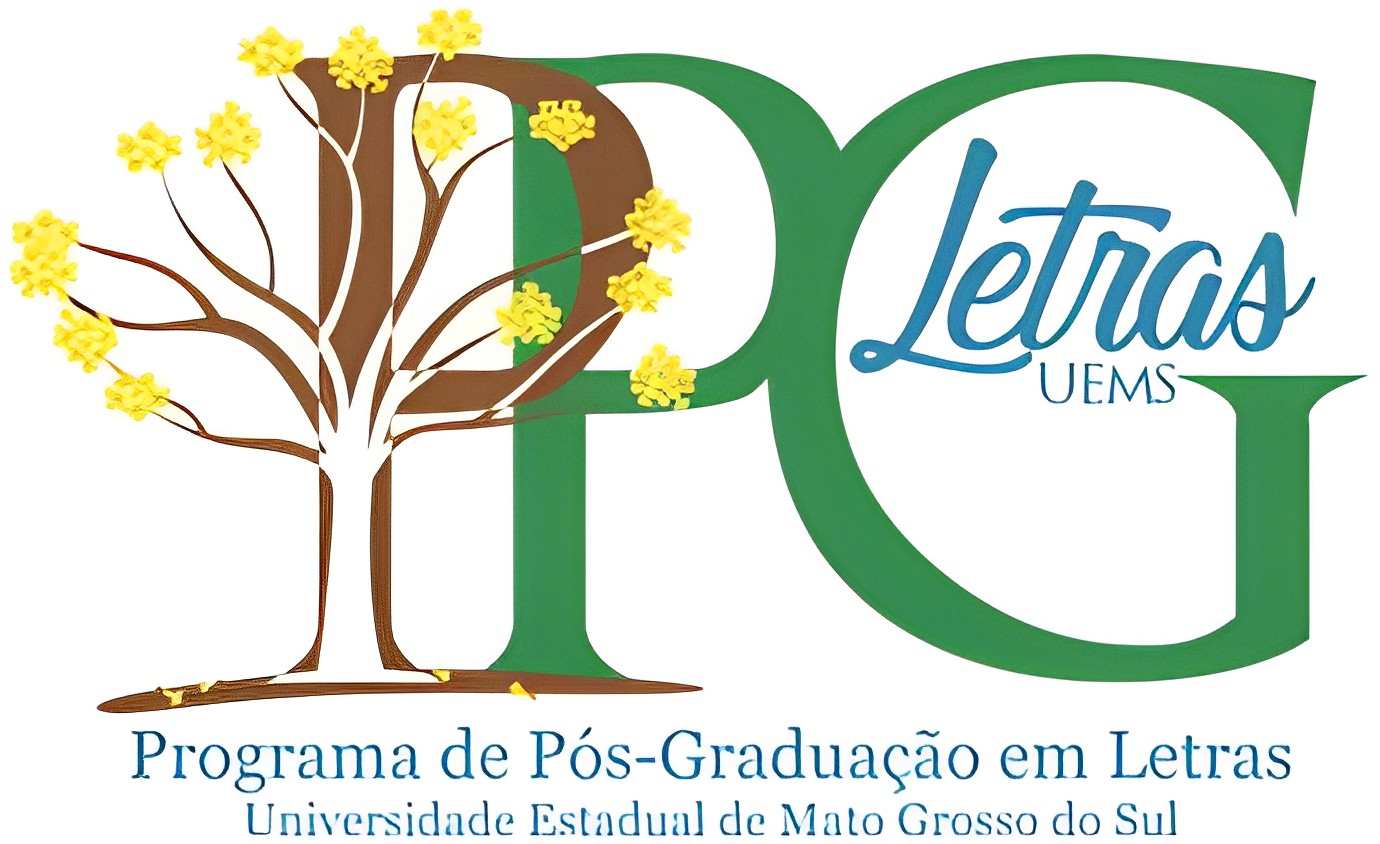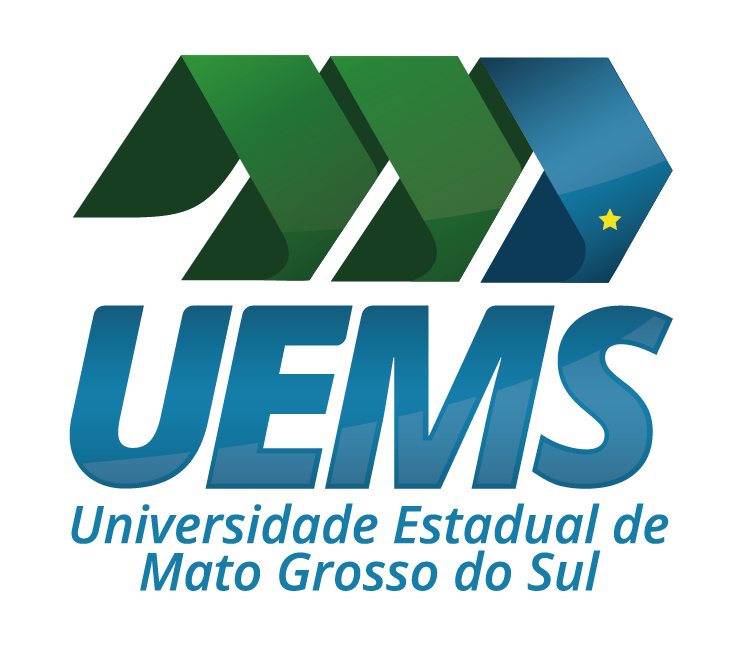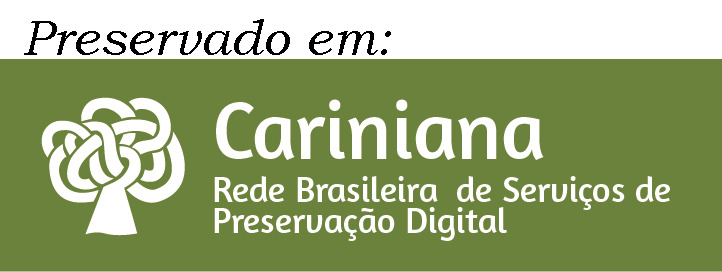el El color de la lengua: reflexiones sobre la resignificación de la violencia a partir de un poema de Michèle Lalonde
DOI:
https://doi.org/10.61389/revell.v1i31.6918Keywords:
VIOLENCIA, COLONIALISMO, ARCHIVO, PERFORMATIVIDADAbstract
Abstract
In the following article we propose an analysis of Michèle Lalonde's poem "Speak White" from some contributions of the critical theories of colonialism and from the speech act theory of the American philosopher Judith Butler (1997). First, we describe how the text is inscribed as a fragment of a larger plot of an "anticolonial archive" (DE OTO, 2011). At that point, we start from the hypothesis that the poem condenses certain marks that allow us to reconstruct how violence is exercised through language in a colonial system, but also the resistances that can be opposed from literary discourses. In a second stage, we analyze discursive strategies deployed throughout the poem to disrupt the system. In that instance we sustain the hypothesis that the literary discourse deployed by Lalonde aims to create new contexts that re-signify the violence of the insult.
References
BUTLER, Judith. Lenguaje, poder e identidad. Trad. Sáez y Preciado. Madrid: Editorial Síntesis, 1997.
CÉSAIRE, Aimé. Discurso sobre la negritud. En: Discurso sobre el colonialismo. Trad. Álvarez, Beñat. Madrid: Akal, 2006.
CHAMBERLAND, Paul. Aliénation culturelle et revolution nationale. En: Pelletier, Jacques (comp.) Partis Pris: une anthologie. Québec: Lux Éditeur, 2013.
DELEUZE, Gilles y GUATARI, Félix. Kafka, por una literatura menor. Trad. Aguilar Mora, Jorge. México:Era, 1999.
DE OTO, Alejandro. Aimé Césaire y Frantz Fanon. Variaciones sobre el archivo colonial/descolonial. Tabula Rasa, (15), 2011. Disponible en:https://revistas.unicolmayor.edu.co/index.php/tabularasa/article/view/1390 DOI: https://doi.org/10.25058/20112742.102
FANON, Frantz. Los condenados de la tierra. Trad. Campos, Julieta. México: Fondo de Cultura Económica, 2013.
FOUCAULT, Michel. La arqueología del saber. Trad. Garzón del Camino, Aurelio.Buenos Aires: Siglo XXI, 2015.
GAUVIN, Lise. Entre rupture et affirmation: les manifestes francophones. Études littéraires africaines, (29), 7–14, 2010. Disponible en: https://doi.org/10.7202/1027490ar DOI: https://doi.org/10.7202/1027490ar
KILITO, Abdelfattah. Palabras caninas. Estudios de Asia y África. Vol. 53, Número 2. Pp. 405-420. Trad. Ceballos, Manuela. Ciudad de México, 2018. Disponible en: http://www.scielo.org.mx/scielo.php?script=sci_arttext&pid=S2448-654X2018000200405 DOI: https://doi.org/10.24201/eaa.v53i2.2406
LALONDE, Michèle. Speak White. Mailhot, Laurent y Nepveu, Pierre. La poésie Québécoise: Anthologie. Québec: Typo, 1986.
MIRON, Gaston. Un long chamin. L’homme rapaillé. Québec: Typo, 1996.
SEGATO, Rita. (2007) Raza es signo. La nación y sus otros. Buenos Aires: Prometeo, 2007.
TAYLOR, Diana. (2017). ¡Presente! La política de la presencia. Investigación teatral. Revista de artes escénicas y performatividad. 8 (12), 11-34, 2017. Disponible en: https://investigacionteatral.uv.mx/index.php/investigacionteatral/article/view/2550
VALLIÈRES, Pierre. Nègres blancs d’Amérique. Québec: Typo, 2012.
VERÓN, Eliseo. La semiosis social: Fragmentos de una teoría de la discursividad. Barcelona: Gedisa, 2011.
Downloads
Published
How to Cite
Issue
Section
License
Copyright (c) 2022 REVELL - REVISTA DE ESTUDOS LITERÁRIOS DA UEMS

This work is licensed under a Creative Commons Attribution 4.0 International License.
DECLARAÇÃO DE ORIGINALIDADE E EXCLUSIVIDADE E CESSÃO DE DIREITOS AUTORAIS
Declaro que o presente artigo é original e não foi submetido à publicação em qualquer outro periódico nacional ou internacional, quer seja em parte ou na íntegra. Declaro, ainda, que após publicado pela REVELL, ele jamais será submetido a outro periódico. Também tenho ciência que a submissão dos originais à REVELL - Revista de Estudos Literários da UEMS implica transferência dos direitos autorais da publicação digital. A não observância desse compromisso submeterá o infrator a sanções e penas previstas na Lei de Proteção de Direitos Autorais (nº 9610, de 19/02/98).




















